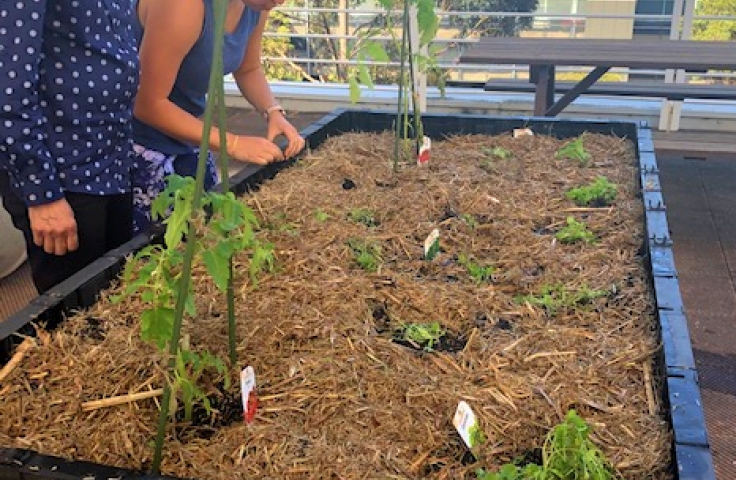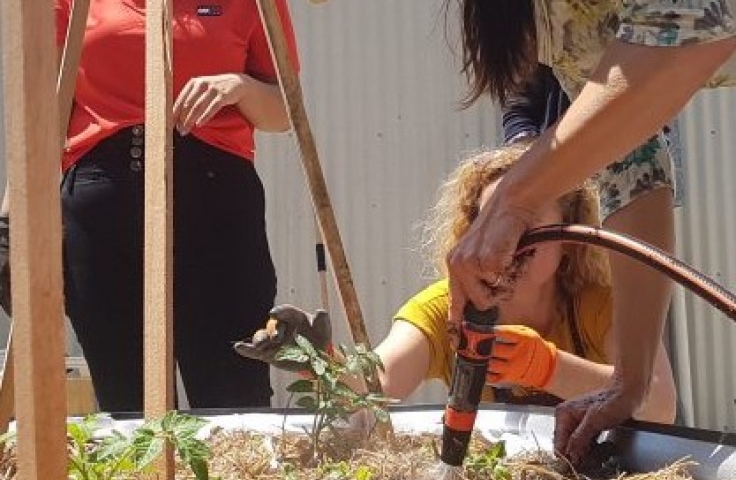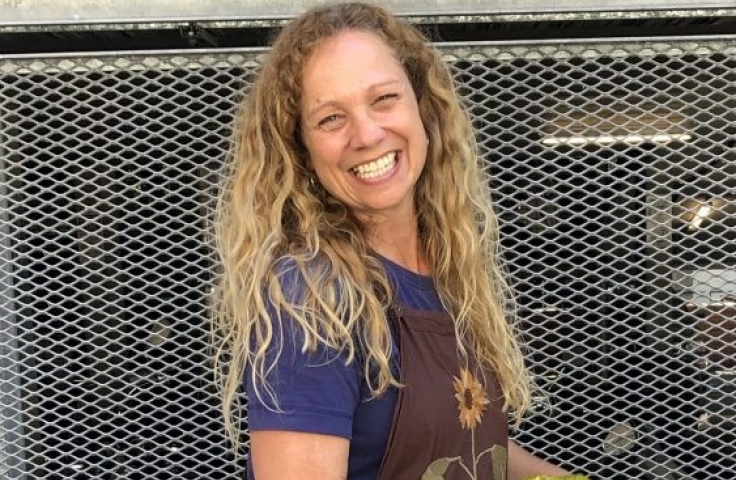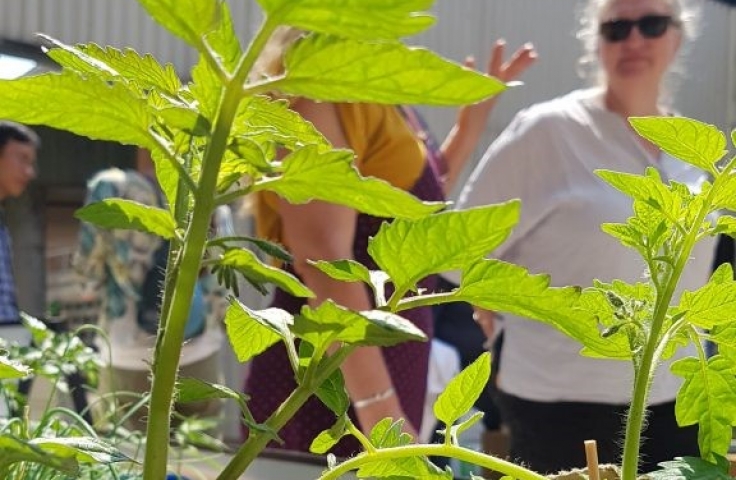About Us
UNSW Urban Growers is a staff and student initiative to cultivate vibrant green spaces across our campuses. Whether you're an experienced gardener or just curious to get your hands dirty, our community gardens offer a unique opportunity for hands-on learning, interdisciplinary research, and reconnecting with nature right here at UNSW.
Our journey began in late 2019 with the creation of a raised-bed garden at Barker St Carpark. Since then, it has been used a living classroom, a peaceful retreat, and a hub for restorative community action.
The garden is open to everyone—drop by anytime to enjoy a quiet lunch at the picnic table, explore the plants, or take a break from your busy day to garden. We also host seasonal working bees, where our community comes together to nurture the garden and grow fresh, organic food.



